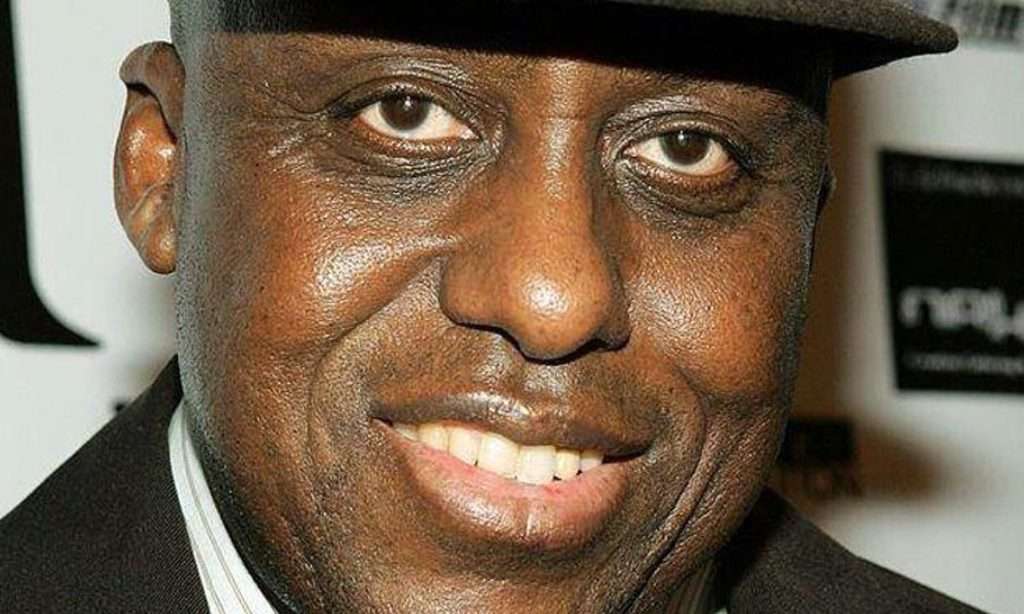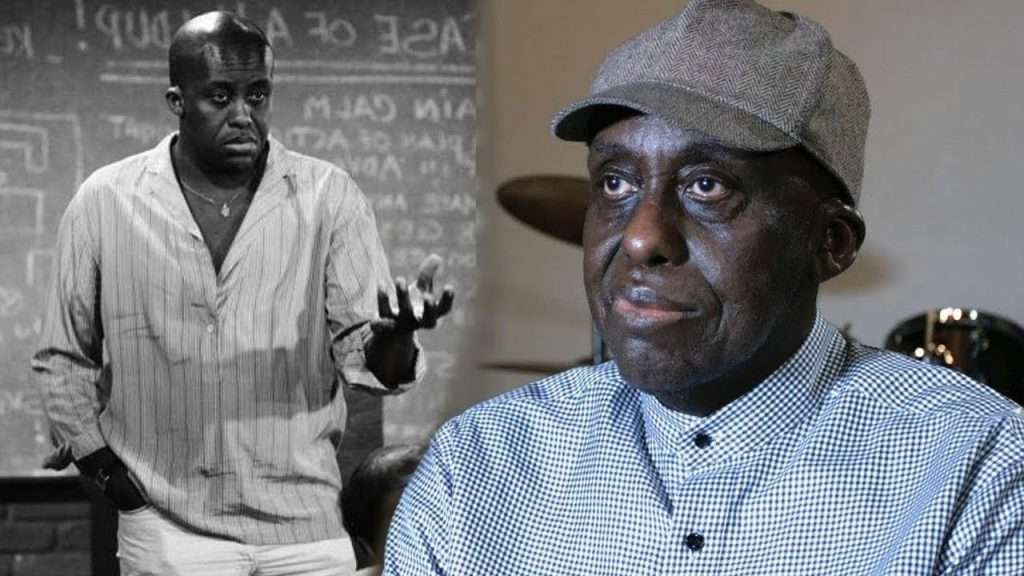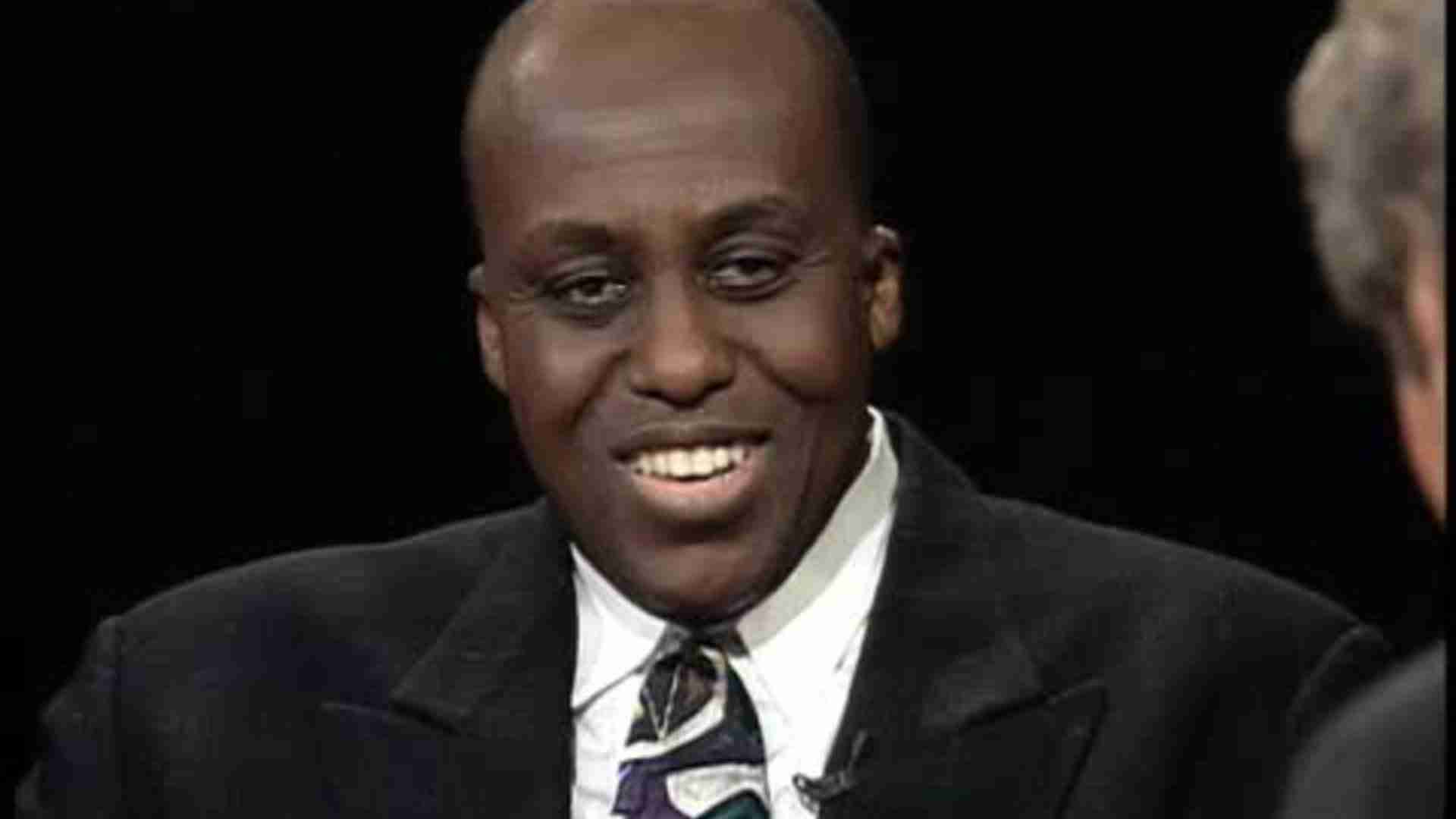Bill Duke is a name that has become synonymous with talent, versatility, and success in the entertainment industry. With a career spanning over four decades, Duke has left an indelible mark on Hollywood as both an actor and director. He has worked with some of the biggest names in the business, from Arnold Schwarzenegger to Denzel Washington, and has garnered critical acclaim for his performances and directorial work.
But there is much more to Bill Duke than just his successful career in Hollywood. He is also an accomplished author and activist, using his platform to speak out on issues like racial inequality and social justice. In this article, we will take a deep dive into the life and career of Bill Duke, exploring his early beginnings, rise to fame, notable works, and impact on society.
Early Life and Career Beginnings

Born on February 26, 1943, in Poughkeepsie, New York, William Henry Duke Jr. was the youngest of two children. His father, William Henry Duke Sr., was a handyman, and his mother, Ethel Louise Duke, was a homemaker. Duke’s parents separated when he was five years old, and he grew up primarily under the care of his mother.
Growing up in a predominantly white neighborhood, Duke had his fair share of experiences with racism and discrimination. But his mother instilled in him a strong sense of self-worth and confidence, which helped him navigate these challenges. As a child, Duke was introverted and struggled academically but found solace in reading and watching movies.
It wasn’t until high school that Duke discovered his love for performing arts. He participated in school plays and even joined a local theater group, which sparked his interest in pursuing a career in acting. After graduating from high school, Duke attended Dutchess Community College, where he majored in pre-law. However, his passion for acting never waned, and he eventually transferred to Boston University’s School of Theater Arts.
In 1969, Duke made his professional acting debut in the Off-Broadway play “The Slave,” which earned him critical acclaim. He then moved to Los Angeles, where he landed his first television role on the series “Kojak.” This marked the beginning of Duke’s impressive career in Hollywood.
Early Acting Roles and Breakthrough
Duke’s early years in Hollywood were filled with small supporting roles on both the big and small screens. However, his breakthrough came when he landed a recurring role on the hit TV series “Car Wash” in 1976. The same year, he also appeared in his first feature film, “Black Shampoo.”
Over the next few years, Duke continued to land notable roles in films like “American Gigolo” and “Escape from New York,” solidifying his position as a respected actor in the industry. However, it was his role as Mac in the 1988 action film “Action Jackson” that elevated him to leading man status.
Duke’s performance in “Action Jackson” caught the attention of legendary director Arnold Schwarzenegger, who then cast him as the villain, Captain Garber, in the blockbuster hit “Predator.” The film’s success further cemented Duke’s status as a prominent figure in Hollywood and opened up more opportunities for him.
Directorial Debut and Success
While Duke had established himself as a successful actor, he always had an interest in directing. In 1990, he made his directorial debut with the crime drama “A Rage in Harlem,” based on Chester Himes’ novel of the same name. The film received critical acclaim, earning Duke an Independent Spirit Award nomination for Best Director.
After his debut, Duke continued to work both in front of and behind the camera, directing films like “Sister Act 2: Back in the Habit” and “Hoodlum.” But it was his work on the groundbreaking crime drama “Deep Cover” that garnered him widespread recognition and critical acclaim. The film, which tackled issues of race, drugs, and corruption, solidified Duke’s reputation as a talented director with a unique vision.
Notable Works and Impact on Society

Throughout his career, Duke has worked tirelessly to push boundaries and challenge societal norms. He has used his platform to give a voice to underrepresented communities and highlight important social issues. This is evident in his notable works, which have tackled themes like racism, identity, and social justice.
“A Rage in Harlem”
As mentioned earlier, “A Rage in Harlem” marked Duke’s directorial debut and was also one of his most significant works. The film follows the story of a young woman who becomes entangled with a gangster while trying to escape her abusive boyfriend. The underlying theme of the film is the struggles faced by African Americans in Harlem during the 1950s, highlighting issues of poverty, violence, and racism.
Duke’s direction, combined with powerful performances from Forest Whitaker and Gregory Hines, made “A Rage in Harlem” a critical and commercial success. It shed light on a period in history often overlooked and gave a voice to marginalized communities.
“Hoodlum”
Released in 1997, “Hoodlum” is another film that explores issues of race and power in America. Starring Laurence Fishburne, Tim Roth, and Vanessa Williams, the film tells the story of Ellsworth “Bumpy” Johnson, a real-life gangster who fought against the Italian Mafia for control of Harlem during the 1930s.
Duke’s direction in “Hoodlum” was praised for its authenticity and emotional depth. The film also shed light on the struggles faced by African Americans during a time of heightened racial tension and discrimination. It remains one of Duke’s most significant works, showcasing his ability to tackle complex issues with sensitivity and nuance.
“Not Easily Broken”
In 2009, Duke directed the film adaptation of T.D. Jakes’ bestselling novel “Not Easily Broken.” The film tackled issues of marriage, communication, and forgiveness within a Black family, giving audiences a rare glimpse into the complexity of relationships in the African American community.
“Not Easily Broken” received mixed reviews from critics but resonated with many audiences, becoming a box office success. It also sparked discussions about the representation of Black families in media and how Hollywood can do better in accurately portraying diverse experiences.
Bill Duke: Beyond the Entertainment Industry

Aside from his successful career in Hollywood, Duke has also made an impact on society through his activism and writing.
Author
Duke is the author of two books, “Dark Girls” and “Light Girls,” which explore the topic of colorism in the Black community. In these books, Duke shares personal stories and interviews with women of all shades, shedding light on the long-standing issue of discrimination based on skin color.
His books have become essential resources for understanding colorism and its effects on self-esteem and identity. They also serve as a call to action for society to confront and address this issue.
Activism
Duke has been vocal about issues of race and social justice throughout his career. He has used his platform to speak out against racism and inequality, advocating for equal representation and opportunities for people of color in the entertainment industry.
In 2014, Duke co-founded the Duke Media Foundation, a non-profit organization that provides aspiring filmmakers from marginalized communities with resources and mentorship to help them break into the industry. The foundation also focuses on creating content that reflects diverse experiences and voices.
Humanitarian Work
In addition to his advocacy work, Duke is also involved in various humanitarian efforts. He has been a longtime supporter of organizations like the United Negro College Fund and the NAACP Legal Defense Fund. He has also worked with the United States Agency for International Development (USAID) to raise awareness and support for global issues like HIV/AIDS and poverty.
Bill Duke’s achievements in the entertainment industry are impressive, but his impact goes far beyond that. He has used his talents and platform to speak out about issues that affect marginalized communities and pave the way for others to follow in his footsteps.



